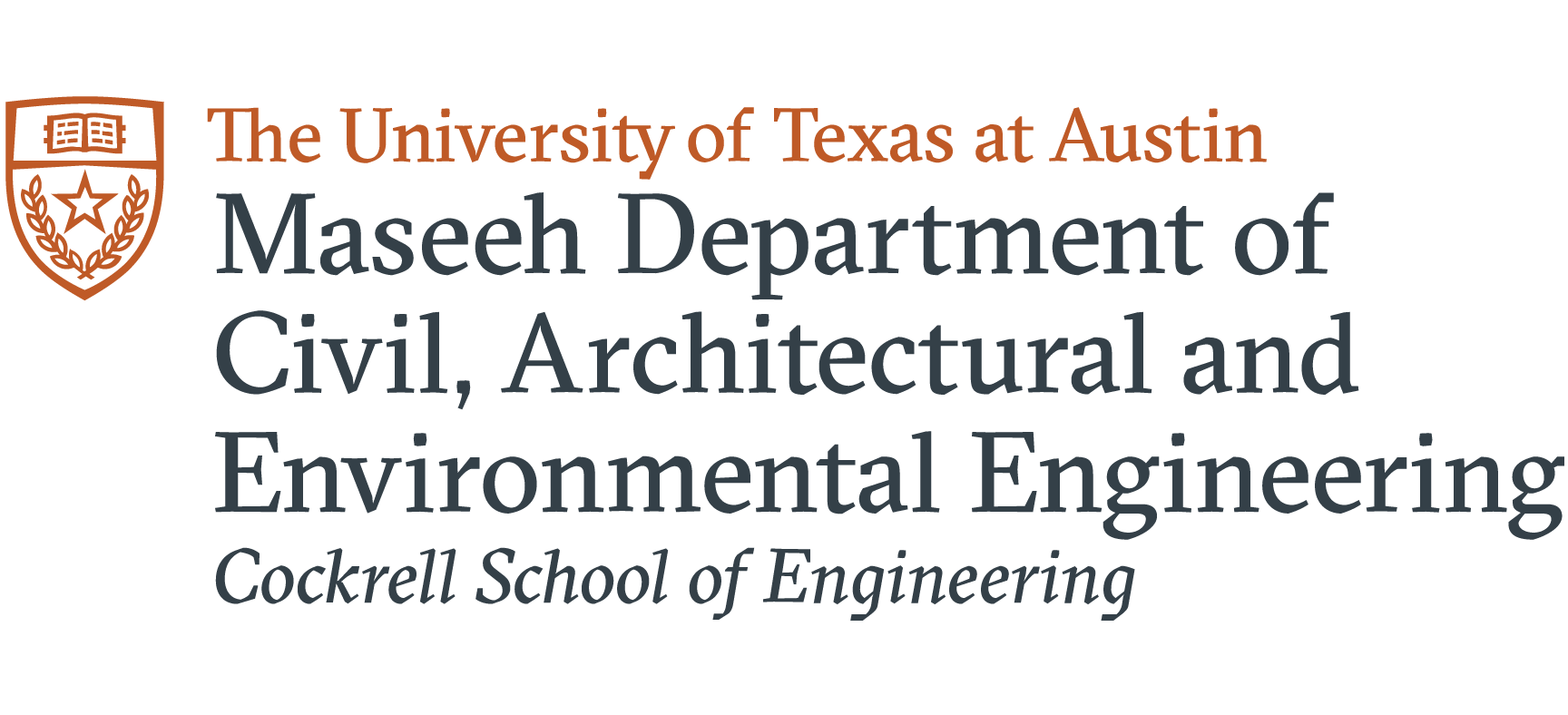Graduate Degree Programs
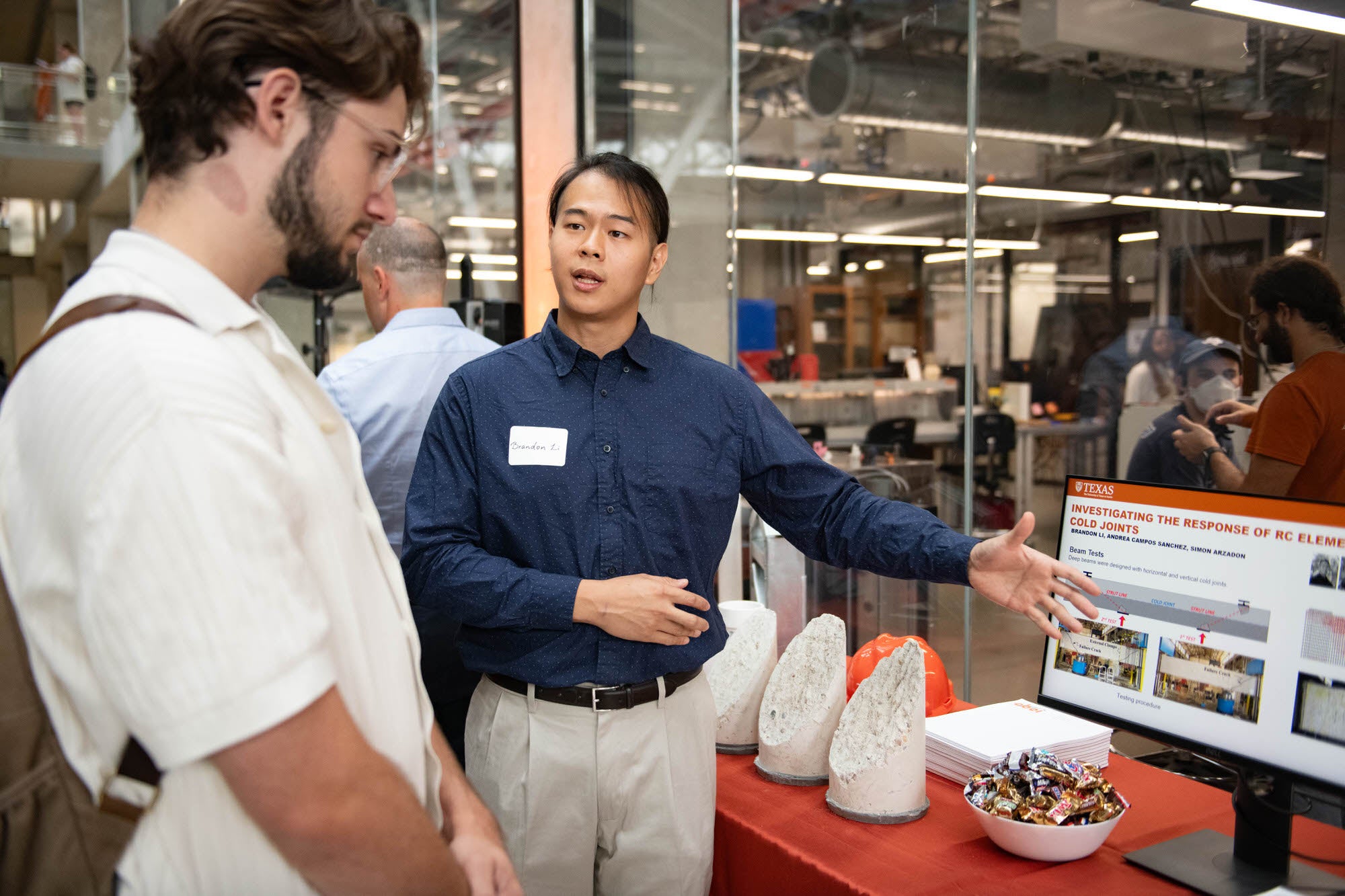

Building Energy and Environments
The Building Energy and Environments (BEE) program consists of faculty, staff and students who focus on a wide range of issues related to building environments. These issues include building energy usage, energy flows and conservation methods, sources of indoor gases and particles, fate and transport of indoor pollutants, human exposure to indoor air pollution and control of indoor pollutants. Much of the research focuses on the interactions of pollutants and indoor materials, and increasingly, the nexus between building energy use and indoor environmental quality.
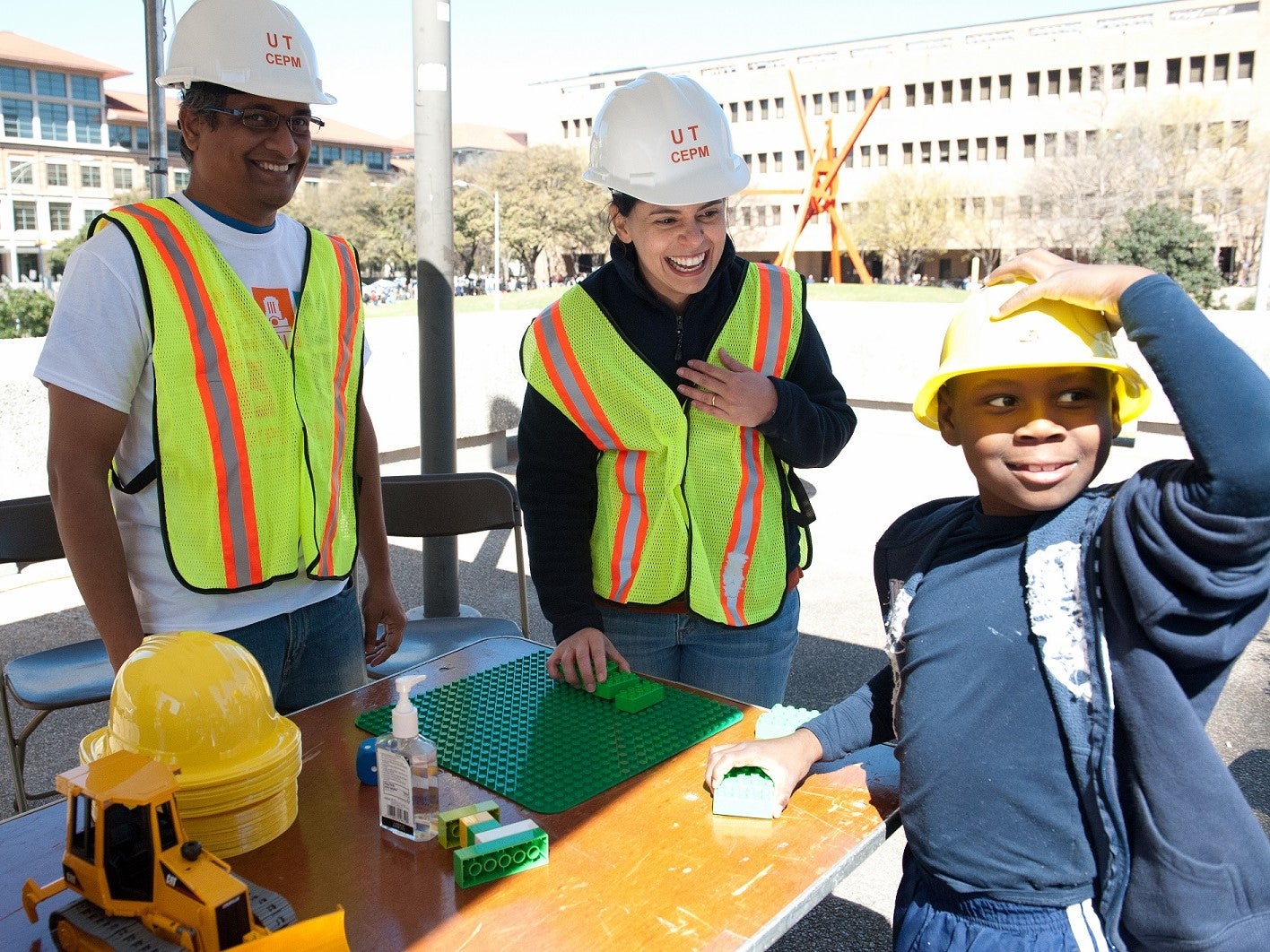
Kumar Construction Engineering and Project Management
The Construction Engineering and Project Management (CEPM) graduate program integrates the technical skills gained through an engineering education with the competencies attained through the study of business management. The result is a graduate degree that equips leaders with the ability to change and improve the capital projects industry.
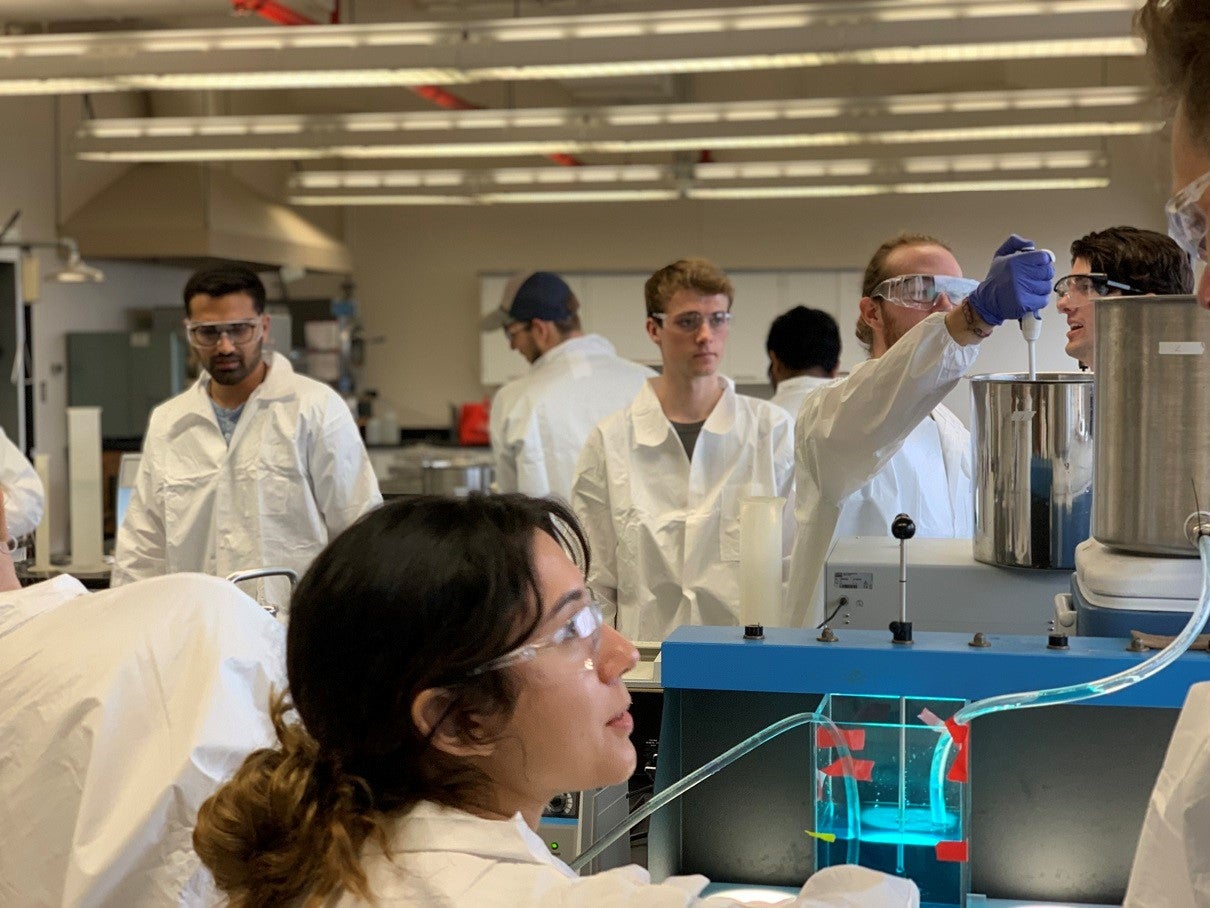
Environmental and Water Resources Engineering
Environmental and water resources engineering is a broad discipline dedicated to addressing environmental issues in air, water and soil. It includes a variety of sub-disciplines, such as water quality engineering, water resources engineering, outdoor and indoor air quality engineering, ocean engineering and hazardous waste management. Sustainable engineering concepts are infused into these sub-disciplines and include the long-term environmental, economic and social consequences of engineering practice.

Geotechnical Engineering
Geotechnical engineering is a branch of civil engineering that generally deals with problems involving soil and rock. Examples include the design of foundations for structures, tunneling, disposal of waste products by burial in the ground, design of Earth dams and a variety of other similar topics.

Infrastructure Materials Engineering
The Infrastructure Materials Engineering specialty at UT Austin is particularly strong in the areas of concrete and asphalt materials, with emphasis on both mechanistic property development and field performance. We innovate and advance the state-of-the-art of traditional infrastructure materials and also research the creation of new, sustainable materials. We examine materials on multiple scales, ranging from chemical and microstructural examinations to full-scale field testing.
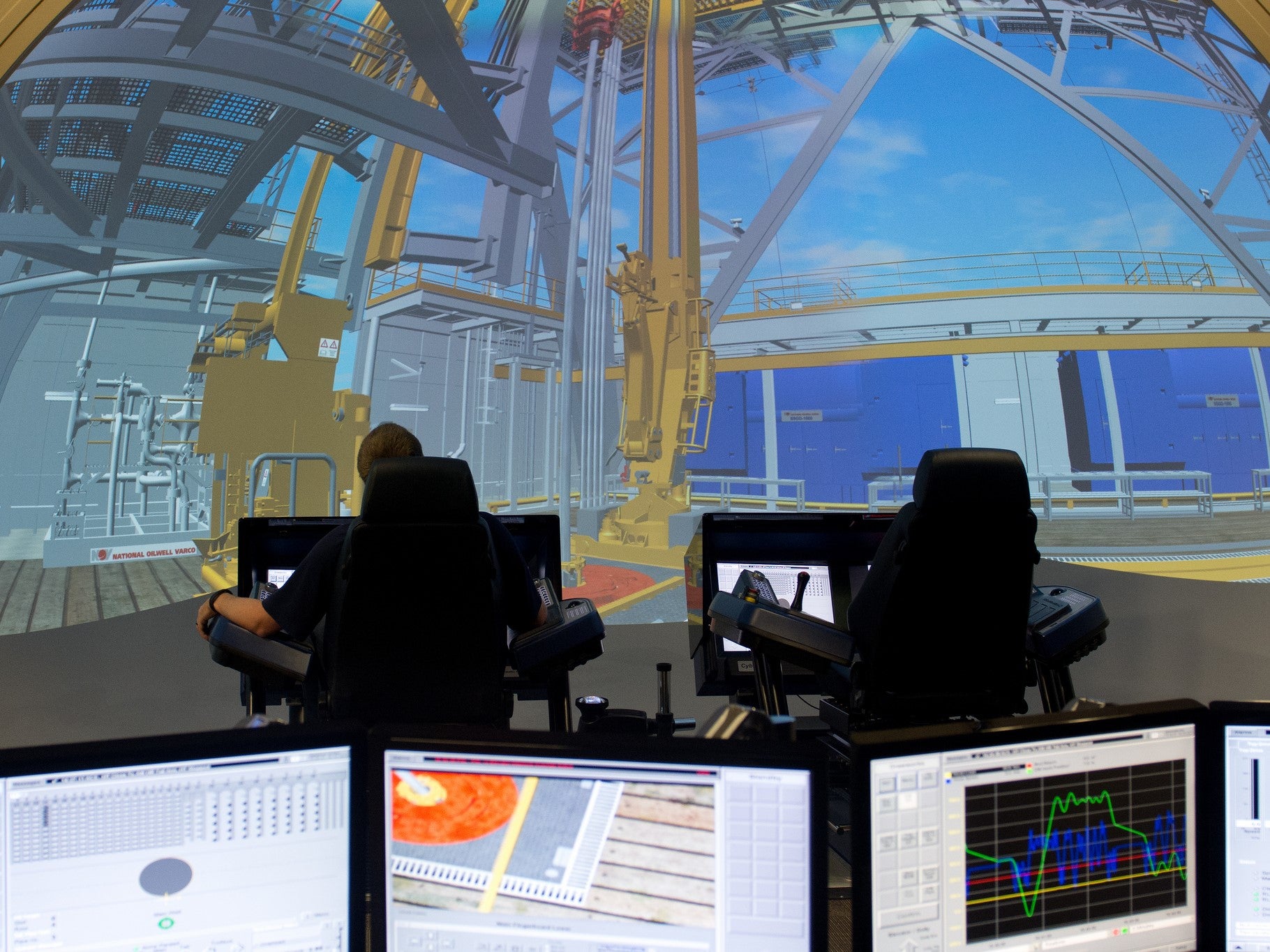
Mechanics, Uncertainty and Simulation in Engineering
Mechanics, uncertainty and simulation focus on select problems, often multidisciplinary in nature, whose solution requires the synergy of applied mechanics, applied mathematics, reliability and stochastic analysis, computational simulation and/or physical experiments. Our areas of expertise cover broad as well as focused topics in including earthquake engineering, wind engineering, reliability and risk assessment of components and systems, computational mechanics, wave propagation, soil-structure interaction, acoustics, inverse problems and imaging, coupled physics problems, simulation of structural response to blast and impact loads, collapse modeling, stability of structures and structural dynamics.

Ocean Engineering
Ocean engineering addresses the design of offshore and near-shore structures, the design of high-speed ocean vehicles and the study of oceanic and coastal zone processes. The ultimate objective of the program is to provide aspiring engineers a strong background in basic principles and computational techniques that are directly applicable to the design or assessment of engineered systems.
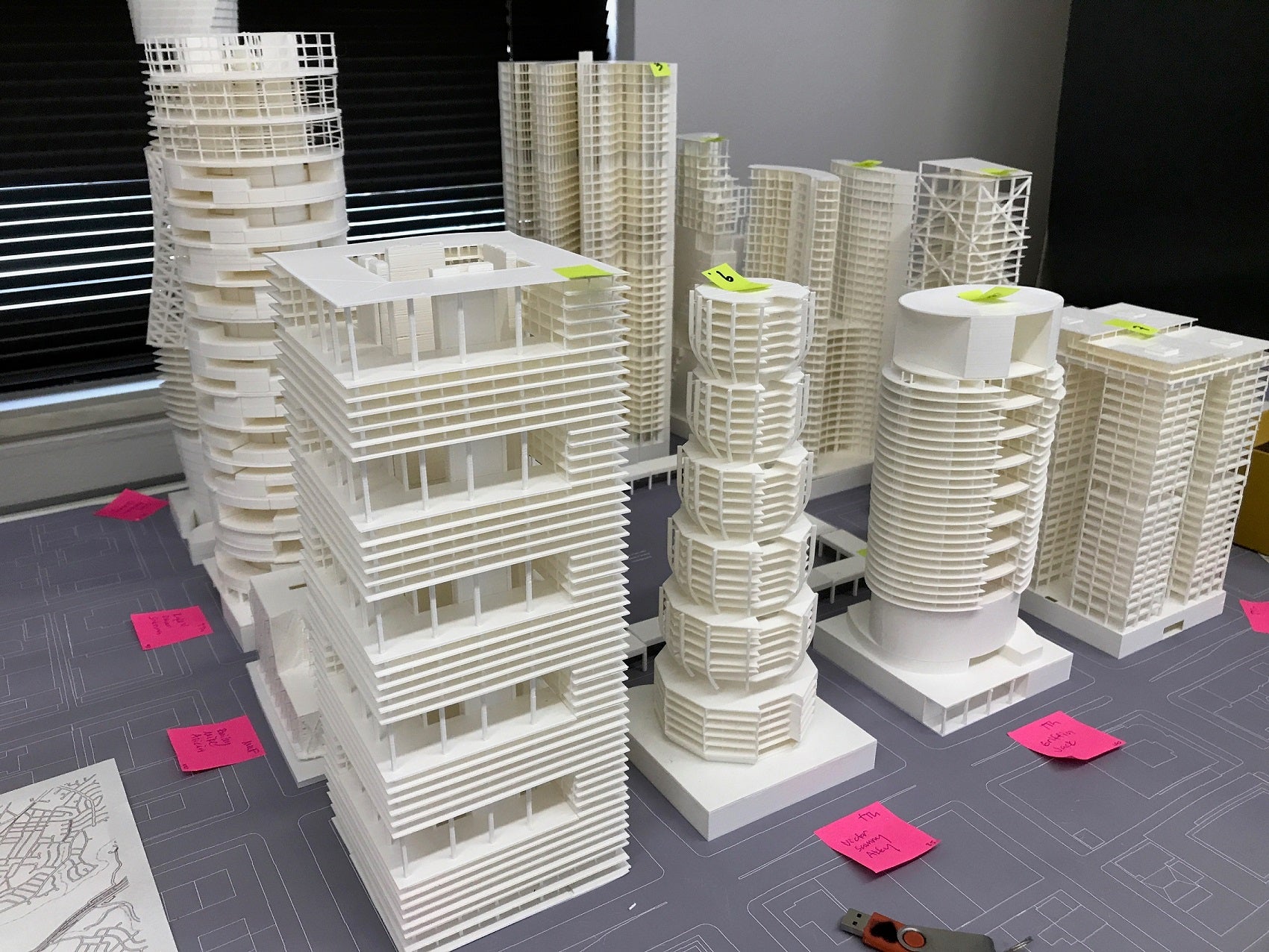
Structural Engineering
Research and teaching in Structural Engineering address a very broad range of topics related to buildings, bridges, large-scale industrial facilities and many other types of structures. A major area of emphasis is the behavior, analysis and design of reinforced and prestressed concrete, steel, masonry and wood structures.
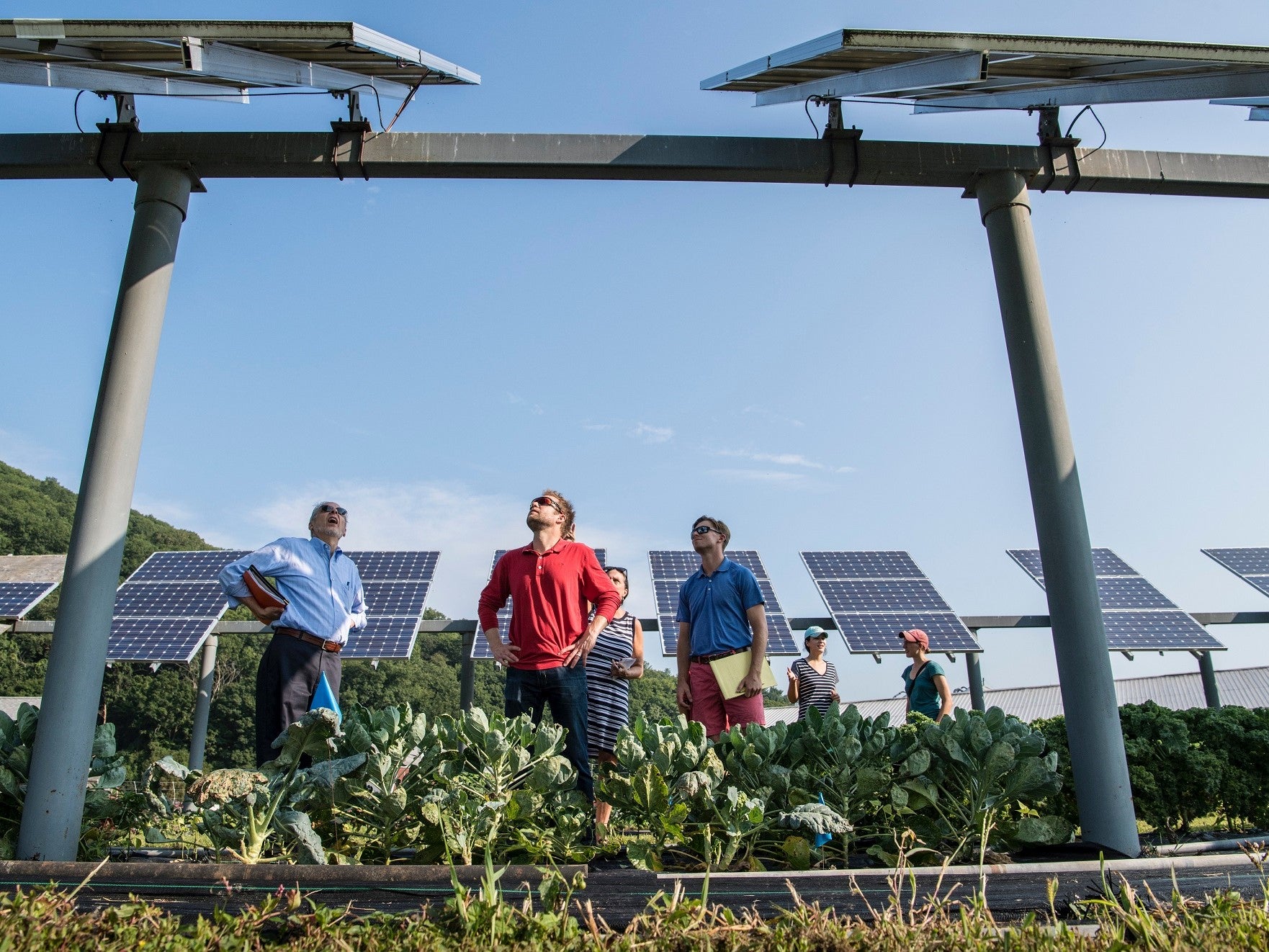
Sustainable Systems
The Sustainable Systems graduate program focuses on a cross-disciplinary approach to addressing the complex problems surrounding the nexus of cities, water and energy. Between these broad themes are important and emerging connections that bring opportunities for creating a more sustainable future.

Transportation Engineering
Transportation Engineering covers the full spectrum of activities pertaining to the analysis, planning, design, construction, operation and management of integrated transportation systems. The program combines a long tradition of innovation in highway and traffic engineering with cutting-edge research (urban planning, intelligent transportation systems, PHEVs) and academic effort in the rapidly evolving transportation systems engineering profession.
